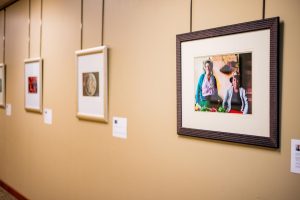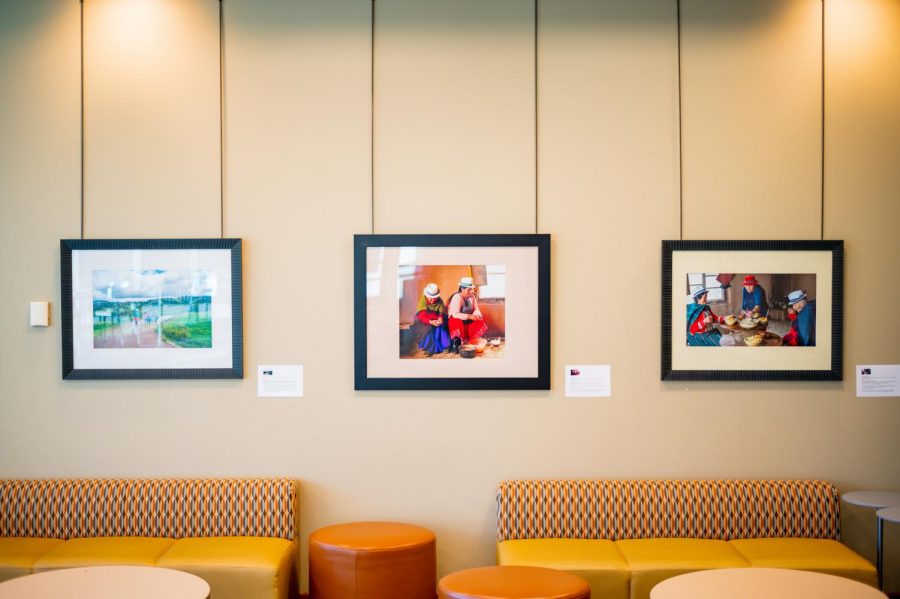CIG hosts photo gallery, lecture highlighting Chilcatotora people
The Center for Innovation and Growth is currently featuring the Chilcatotora community with a photo gallery and a lecture.
The gallery highlights many different aspects of the daily life of the Chilcatotora community, a traditionally Spanish speaking community in Ecuador.

Their lifestyle is primarily governed by Mother Earth, or as they refer to it, “Pachamama.” They emphasize the Earth’s role as the creator of life and fertility. Their main sources of income are farming, agriculture, and tourism.
It is from this community that, in 2002, the Sumagsisa tourism center was created by eight women. Their primary focus was to create a form of revenue for their community but also to share their Andean culture with others. It is also a center that promotes gender equality.
Their culture is a very rich one with art, handmade instruments, food and an emphasis on nature.
It has been organized by Narcissa Ullauri, professor of tourism from Universidad del Azuay in Cuenca, Ecuador and Dr. Karen Barahona, assistant professor of Spanish at Baldwin Wallace.
“I believe that the photographs show a life story,” said Ullauri. “Each of them represents a value in an important set of life in the Andes in Ecuador and women as the nucleus of the family.”
The lecture, called “Sumagsisa Organization: An Inquiry into the Role of Women in Community-Based Tourism in Ecuador,” will take place on Oct. 17 in the Center for Innovation and Growth at 5:30 p.m. with a reception at 5 p.m.
It will be presented by Barahona and Ullauri.
“Women’s groups and movements in Latin America have been defined and developed in a variety of ways due to the complexity of its region and cultures,” Barahona said. “At the same time, we have to consider the Latin American context of exploitation, violence, and economic dependence. I feel that my research work as an academic is incomplete if I do not listen to the voices of the ones in less privileged settings.”
For more information, visit bw.edu.
The Exponent is looking for financial contributions to support our staff and our newsroom in producing high-quality, well-reported and accurate journalism. Thank you for taking the time to consider supporting our student journalists.











































